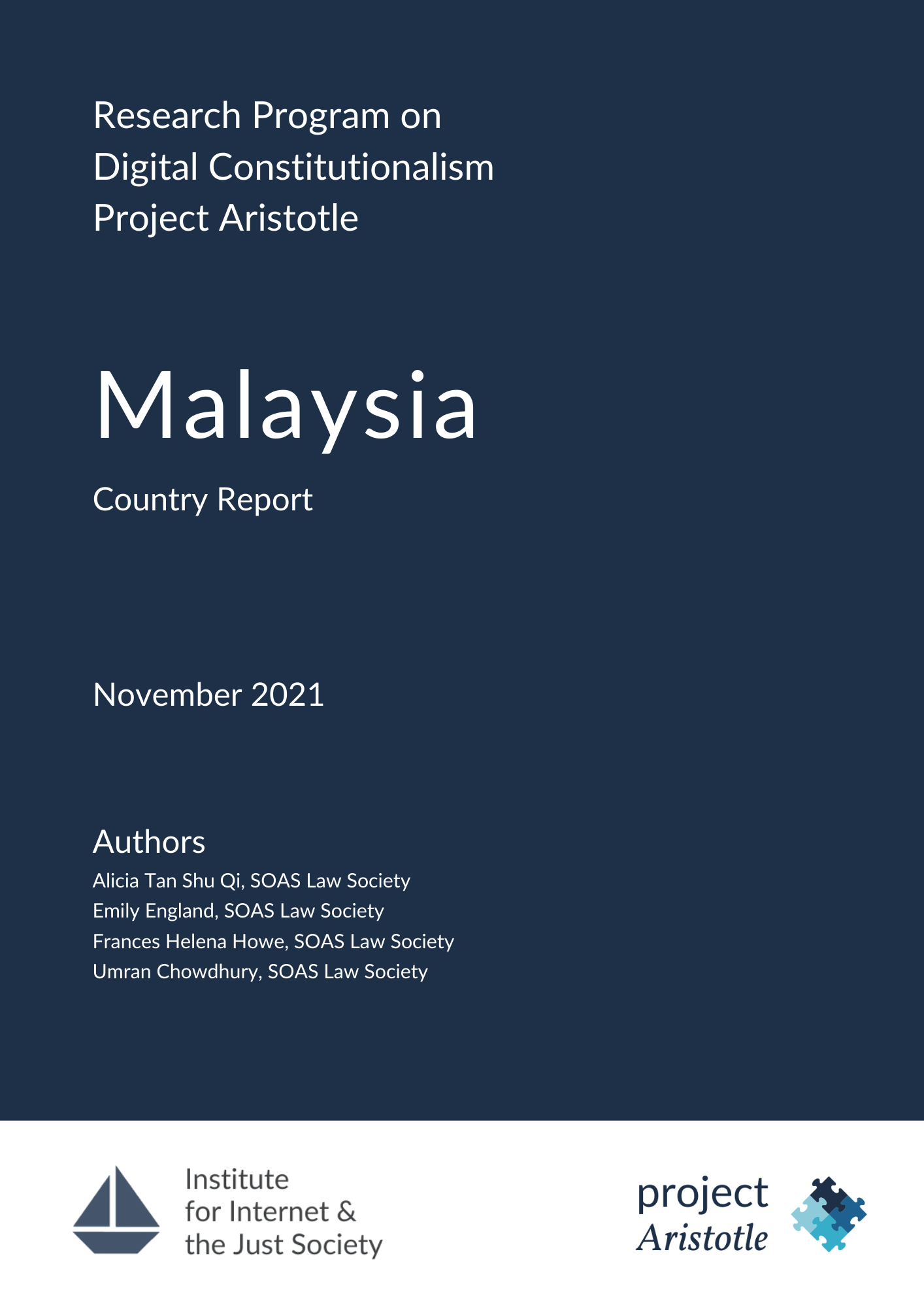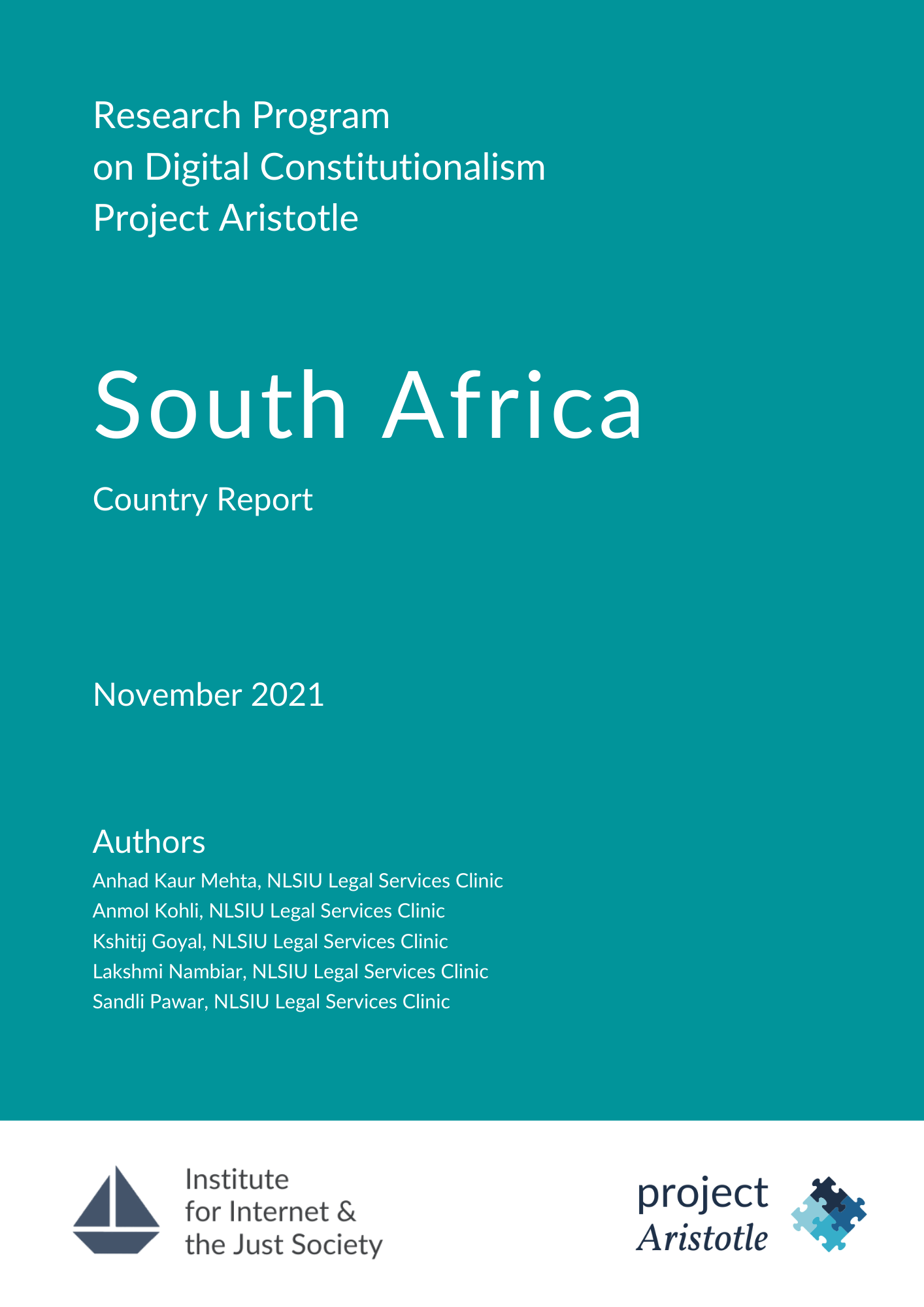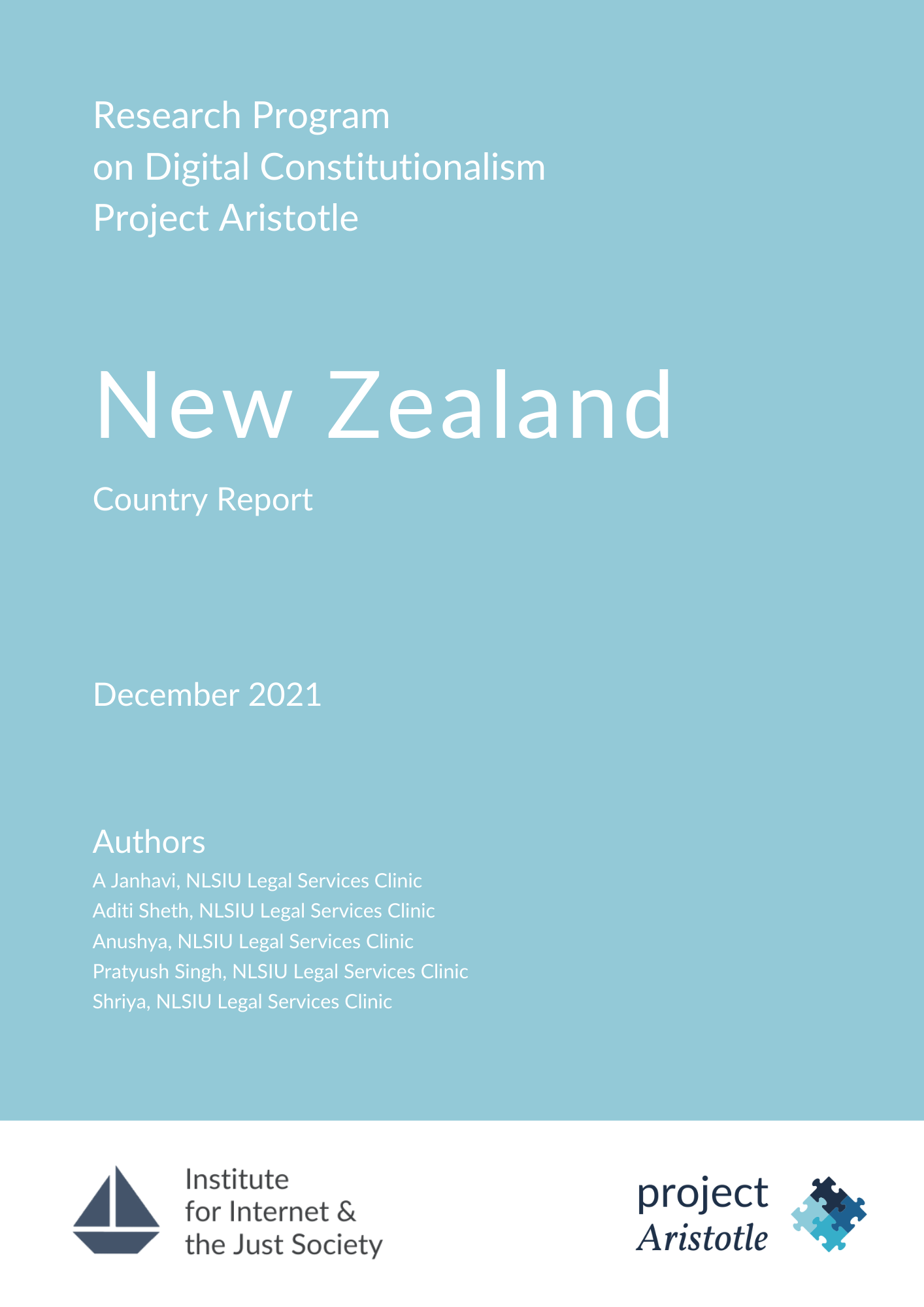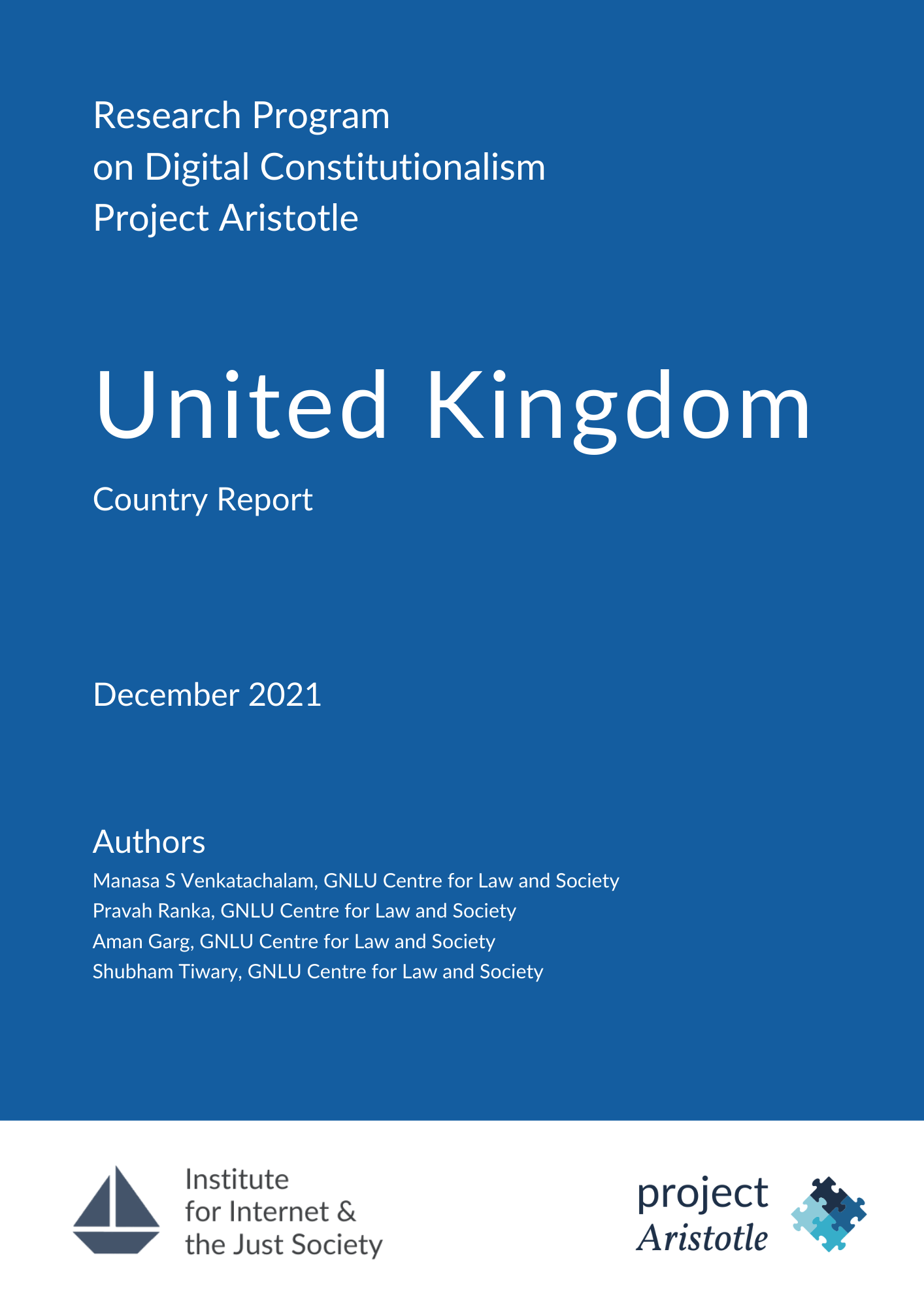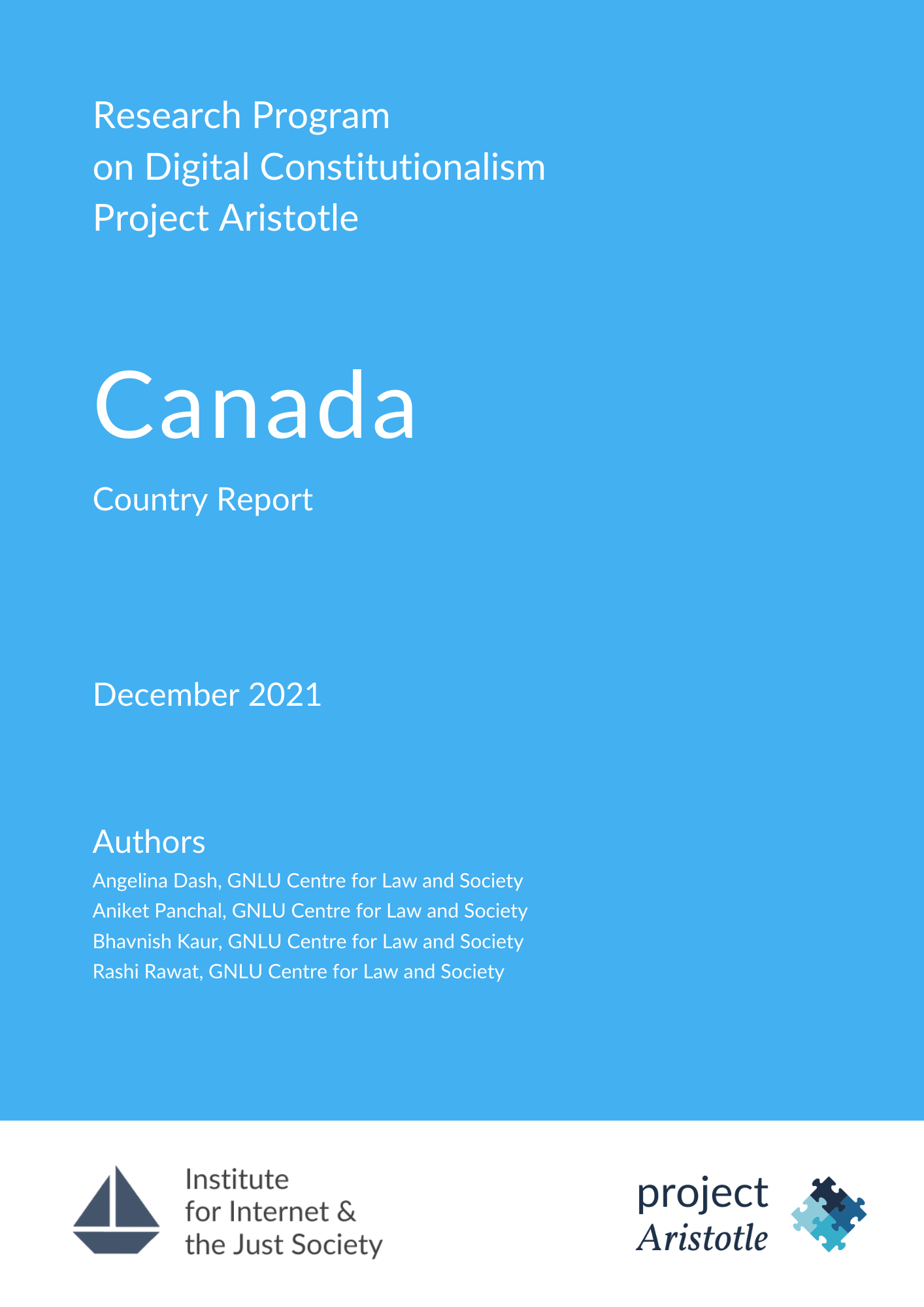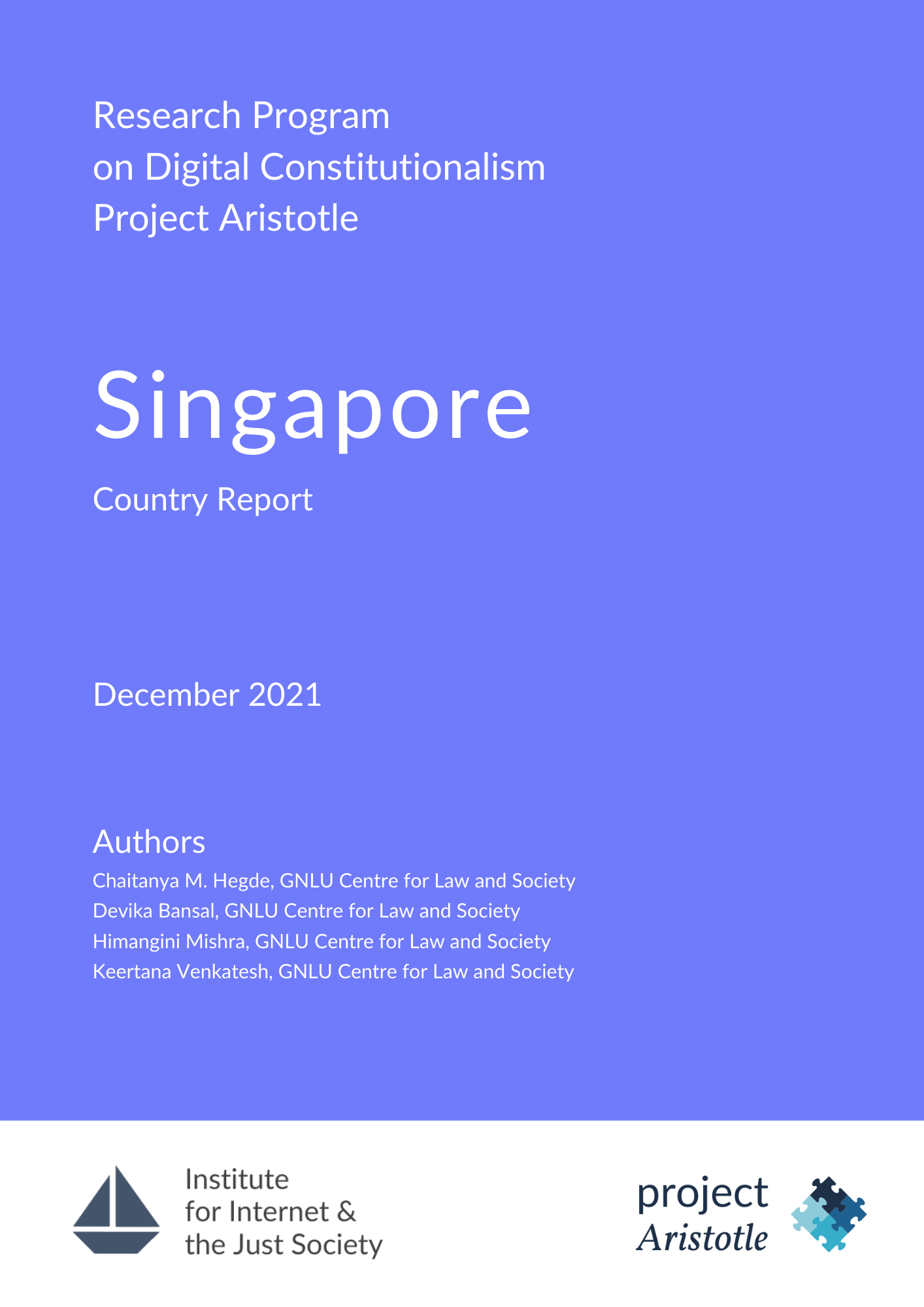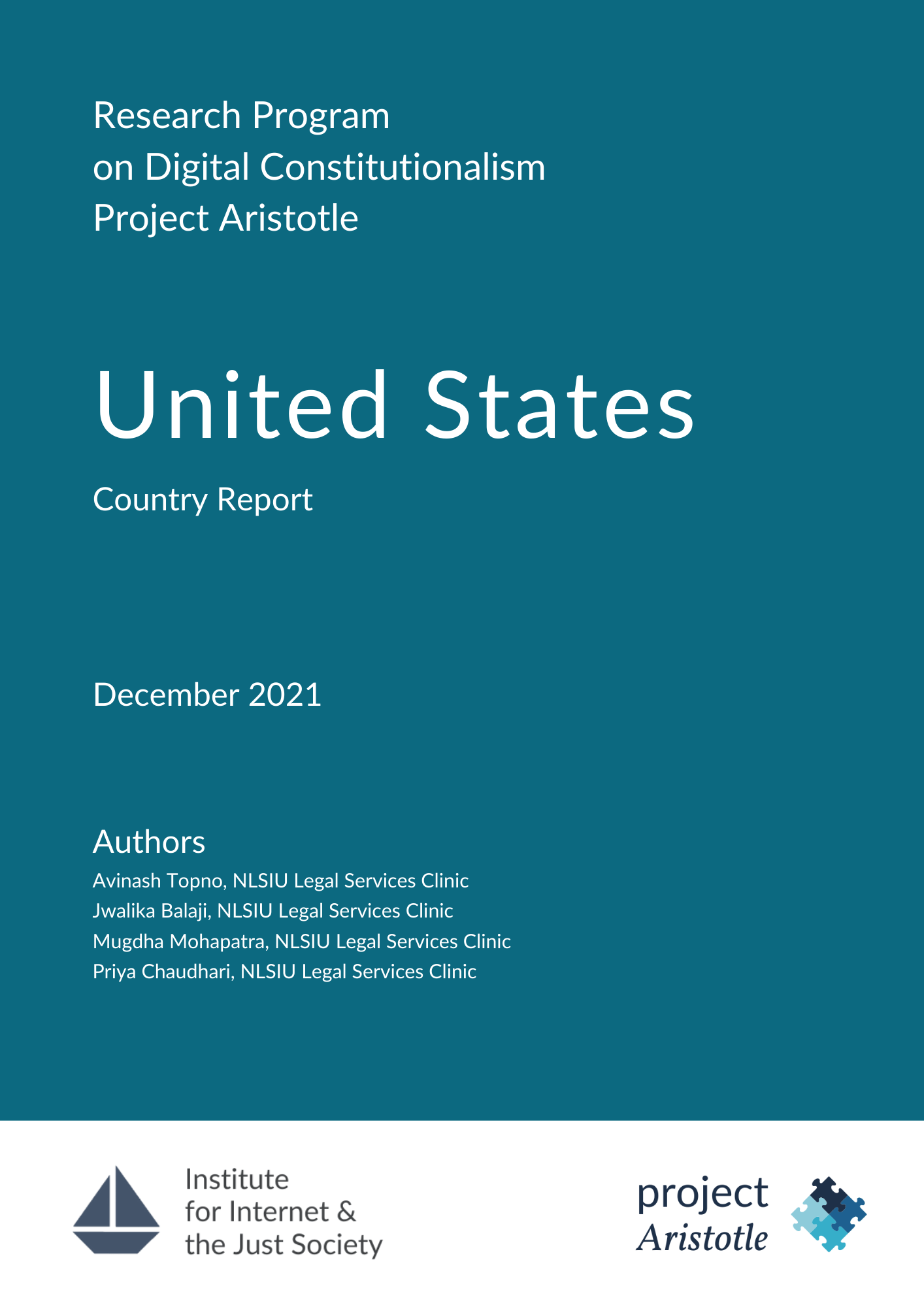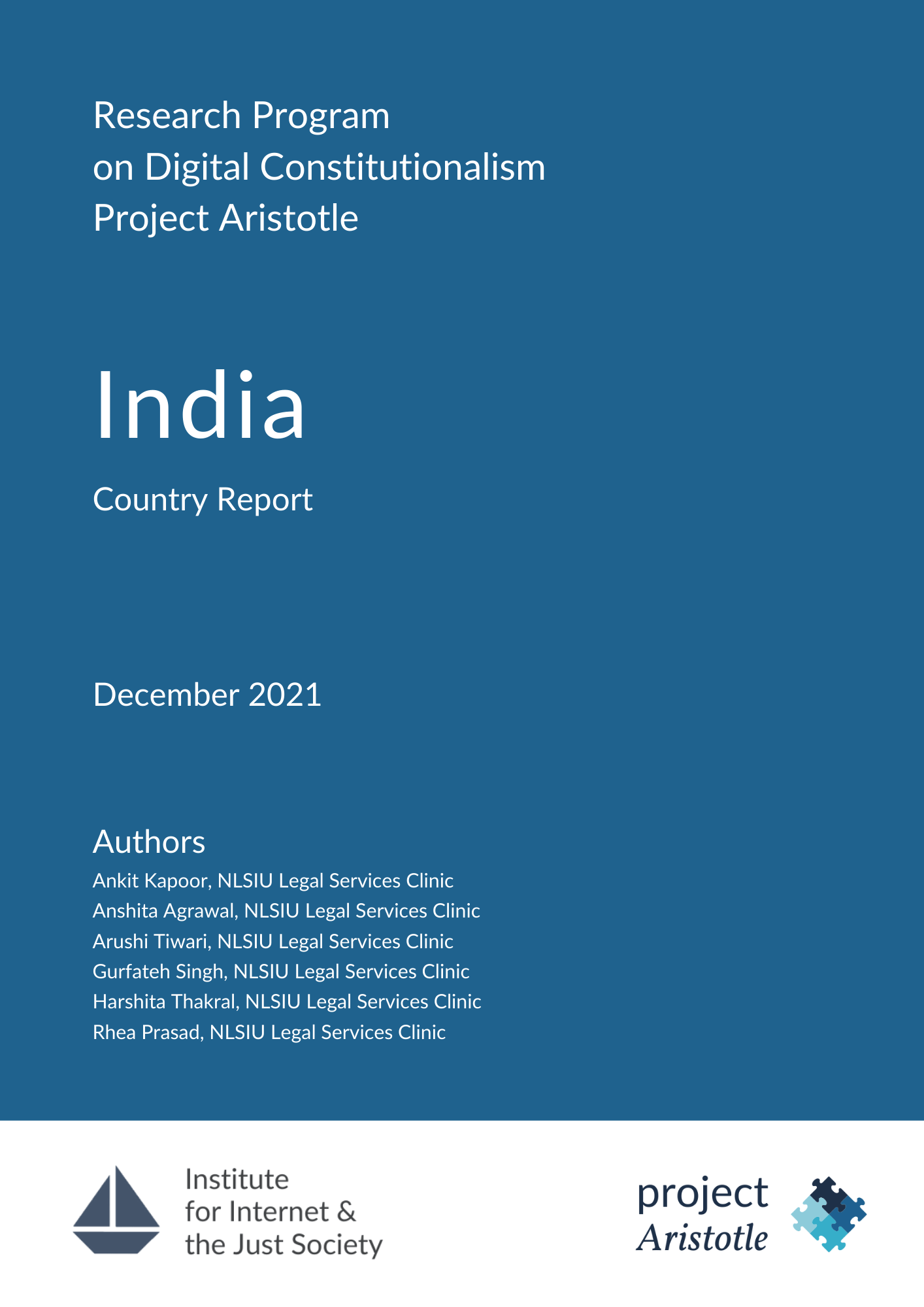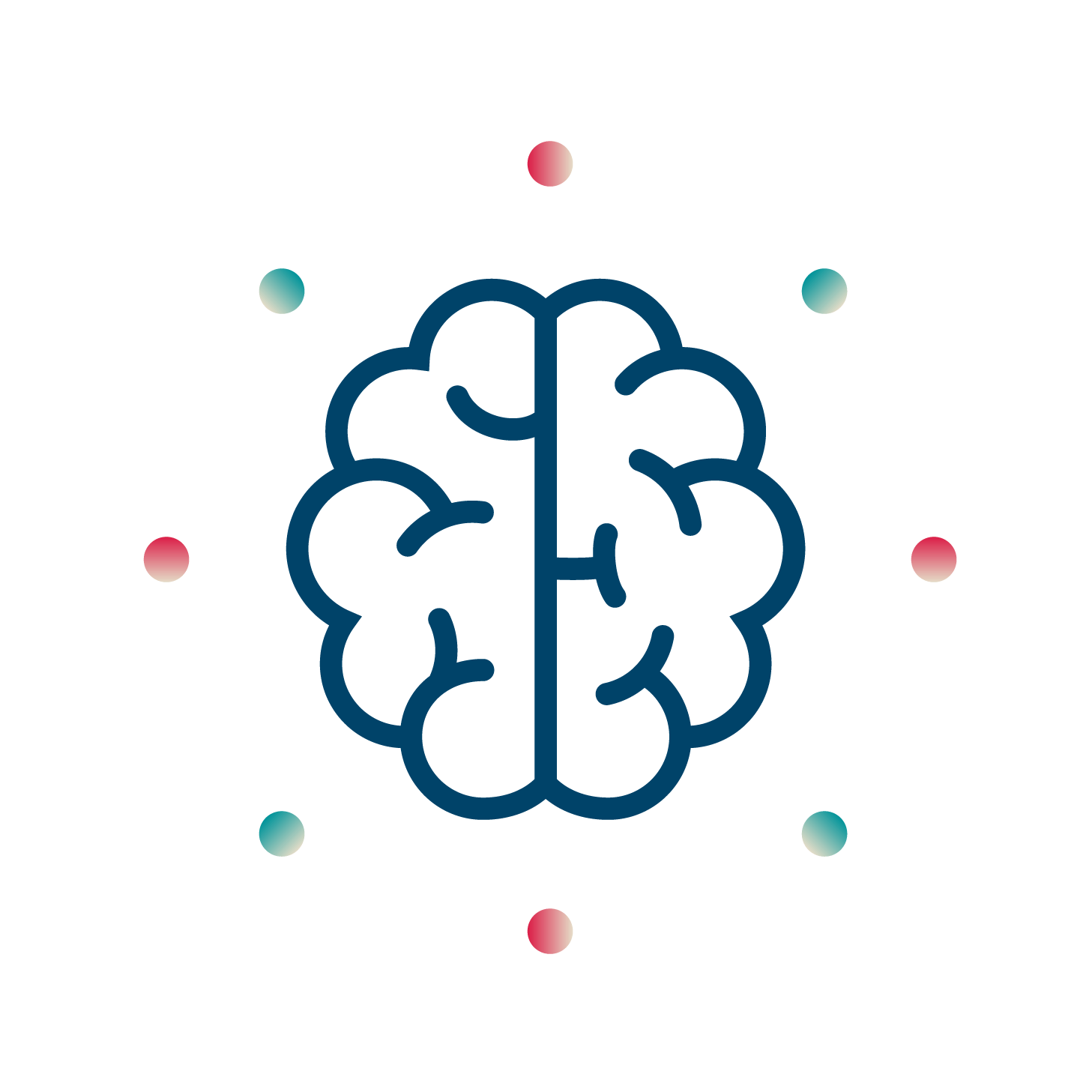INSIGHTS

The super wicked nature of the current pandemic needs a multipronged strategy to tackle intricately related issues like recession, inequality, and climate change in a holistic manner. In this context, rebooting the Indian economy based on “frugal innovation” in which social entrepreneurs constantly work on the idea of cheaper, user-friendly transformations that cater to social needs is the path forward.
EDITOR'S PICKS
EVENT
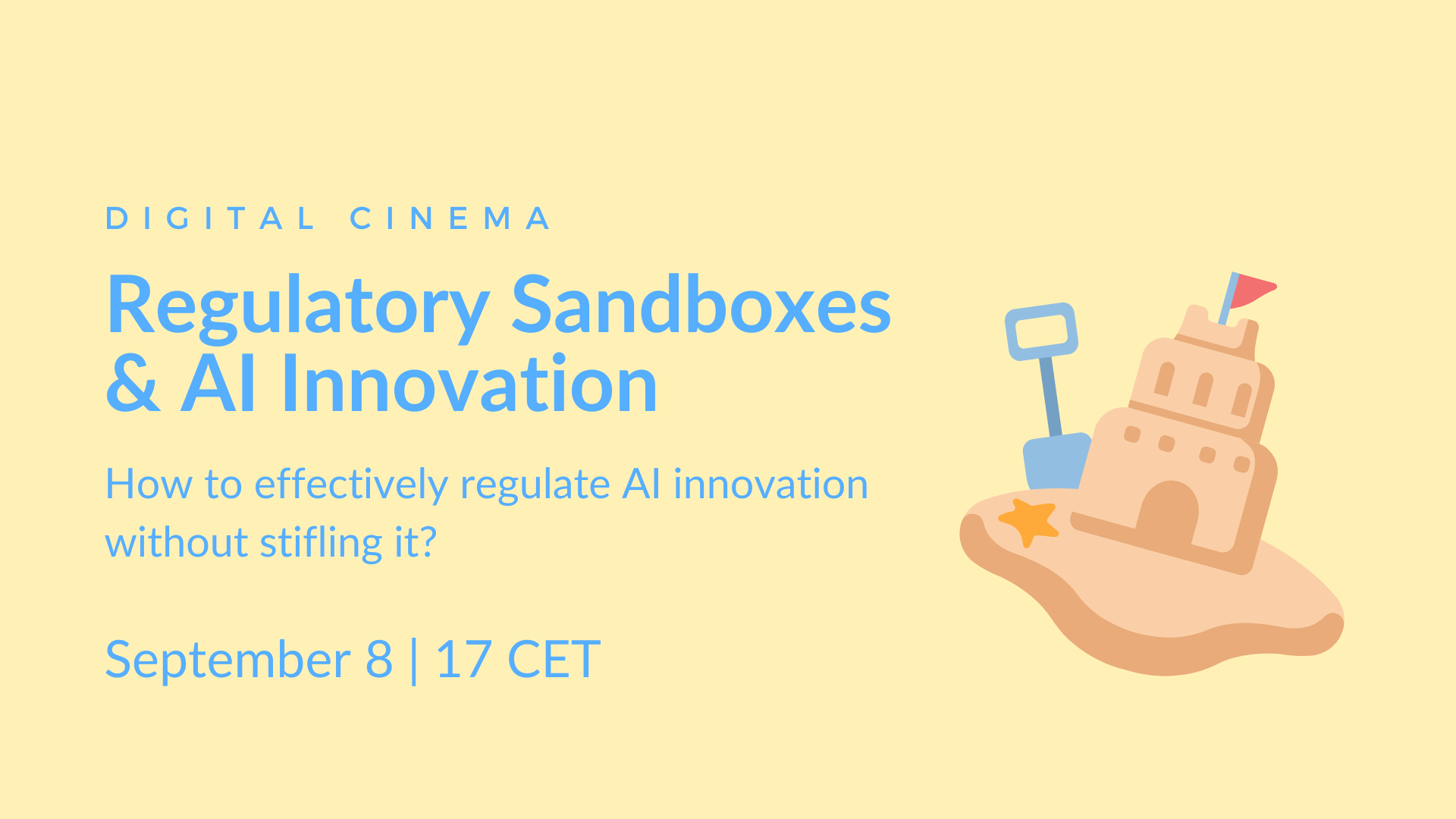
How to effectively regulate AI innovation without stifling it? The EU Commission’s draft AI Act provides in Article 53 for 'regulatory sandboxes' as a possible answer. 'Regulatory sandboxes' ('Reallabore' in German) allow for a rules-based environment to facilitate the development, testing and validation of innovative AI systems for a limited period of time before they are placed on the market or put into service. Both regulators and innovators can gain insights into how the technology functions, where possible compliance risks lie and also recognize and predict regulatory loopholes early in the process. What does the framework of a regulatory sandbox look like? How does the envisaged co-creation of regulation and innovation work in practice? How do regulatory sandboxes fit into the European and German AI strategies? And what are the current developments in the field, especially in healthcare and climate tech?
PUBLICATION

The objective of the country reports is to offer an overview of the main, or most problematic, measures, and to highlight “alarm bells” and “best practices” in assessing the state of privacy and data protection amidst the current pandemic. We hope to contribute to the global policy and research discourse for an efficient and human rights compliant handling of the Covid-19 pandemic.
BINOCULARS

The super wicked nature of the current pandemic needs a multipronged strategy to tackle intricately related issues like recession, inequality, and climate change in a holistic manner. In this context, rebooting the Indian economy based on “frugal innovation” in which social entrepreneurs constantly work on the idea of cheaper, user-friendly transformations that cater to social needs is the path forward.

Digital communication has changed rapidly since the onset of the digital age but emojis have only gone from strength to strength since their inception in the late 1990s. This article will cover the impact emojis have had on language and culture. It will conclude with a comparison of hieroglyphics and emojis and what this development tells us about in culture and language in the digital age.

Yuval Noah Harari argues that when artificial intelligence pushes many out of work, we must forge new economic, social, educational systems. Those people who will become unemployed will create a “useless class” which will need to be redirected, as opposed to the remaining “working class” which will be entrusted with the operating of the machinery. The article provides few ideas on how to prepare for the rise of the “useless class.” Looking at the consequences of the AI revolution, possible solutions that will change our societal structure are discussed.

During the pandemic that impeded our daily lives, technology innovation found itself to advance to a speed never witnessed before and to adapt to the new urgency of people. From this stream of innovation in the digital world, a new phenomenon emerged: NFTs. In a few months, NFTs conquered creators, art collectors, and investors from all over the world.
COSMONAUT
S E R I E S

The series aims to raise awareness, engage and explore the role of technology and digital solutions in reaching the goals set out by the Paris Agreement in 2015. Furthermore, it will introduce the core topics that the Technology & Sustainability-cycle will work on in the coming months; (mis)information on social media, the environmental impact of technology and increased digitalisation and the role of green digital technologies.
Our Expedition
Our Institute
Our Crew
Explore our Cycles
Join our Crew
Watch our Episodes
#JustTalking + #DigitalCinema
Between Two Palms🌴
Our Partners







